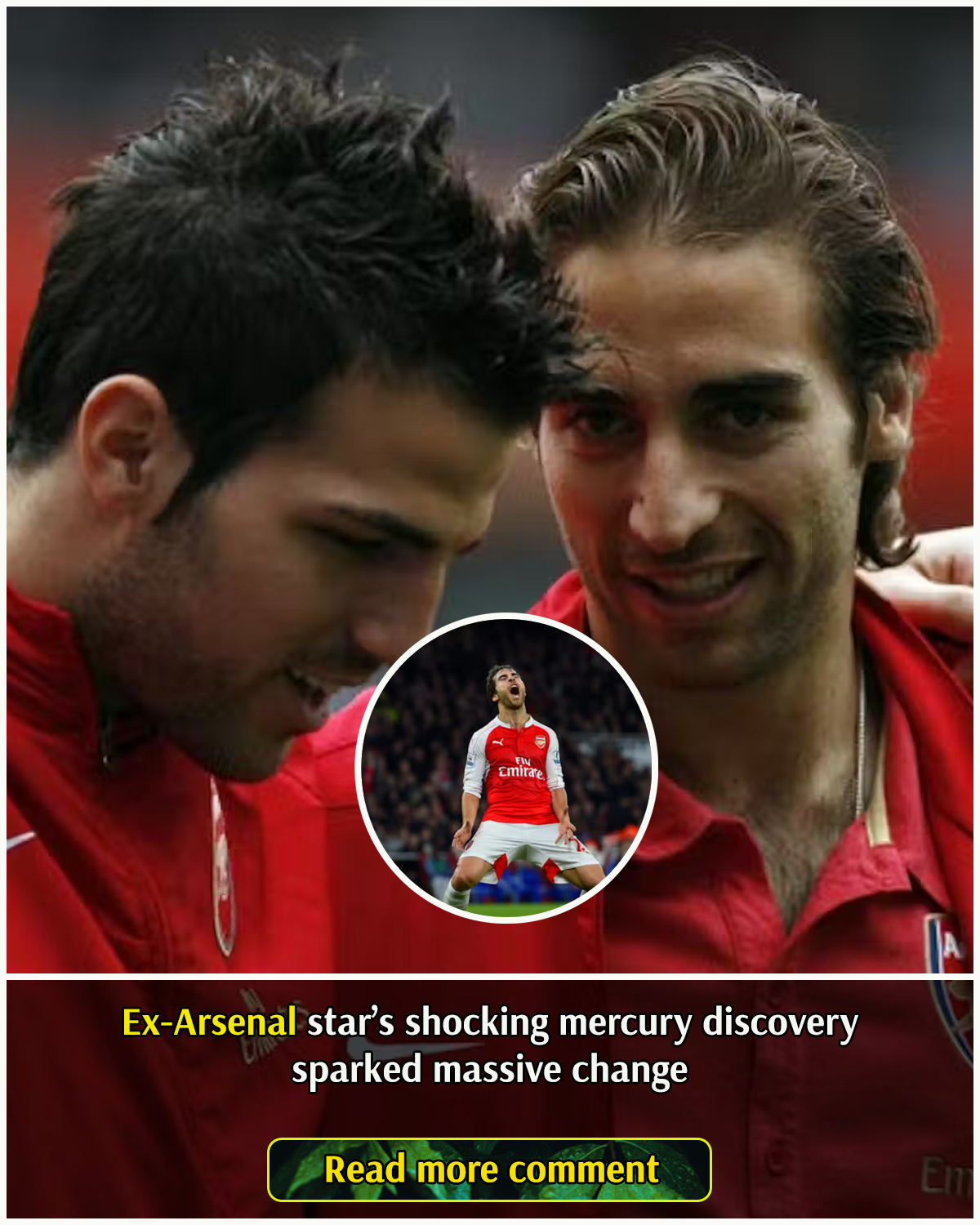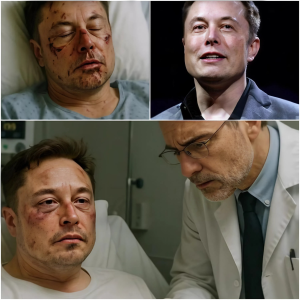
Former Arsenal midfielder Mathieu Flamini has revealed his extreme vegan lifestyle, including eating only one meal a day, and the discovery of high mercury levels in his blood during his time at the club.
Flamini, who played for Arsenal from 2004-2008 and again from 2013-2016, attributes the high mercury levels to his consumption of fish. The discovery 10 years ago led him to adopt a fully vegan diet, which he believes improved his health and performance.

LONDON, ENGLAND – JANUARY 24: Mathieu Flamini of Arsenal reacts to a missed opportunity during the Barclays Premier League match between Arsenal and Chelsea at Emirates Stadium on January 24, 2016 in London, England. (Photo by Shaun Botterill/Getty Images)
Revealing that he gave up fish after Gary O’Driscoll, Arsenal‘s doctor at the time, found high levels of mercury in his blood, Flamini also explained that animal protein increased the acidity of his bloodstream, making him more prone to injury.
But how to convince others to follow the same path? “Let’s take the example of a child who grew up in difficult conditions, who didn’t always have food on the table, and imagine that that child becomes a very rich athlete,” Flamini said.
“Almost every kid who dreamed of playing in front of hundreds of thousands of people had a poster of an expensive car on his wall in his room. It’s very hard to tell that child that this dream cannot come true.
“But any footballer can be educated that he has other choices – he can go vegan or drive an electric car.”

BOURNEMOUTH, ENGLAND – FEBRUARY 07: Mathieu Flamini of Arsenal applauds the crowd after the Barclays Premier League match between A.F.C. Bournemouth and Arsenal at the Vitality Stadium on February 7, 2016 in Bournemouth, England. (Photo by Michael Regan/Getty Images)
Now an extremely successful entrepreneur in the biochemical industry with a porfoloi of investments valued at around €15 billion, Flamini advocates for environmental consciousness and sustainable solutions. He believes football can be an ambassador for ecology, stating, “Small changes in the lives of each of us mean, in fact, huge steps in the global strategy.”
While acknowledging the challenges, Flamini also proposes eco-friendly practices for major sporting events, such as procuring food from local sources, offering vegetarian menu options, avoiding plastic packaging, and reducing travel.
“It’s not that hard (for massive tournaments like the World Cup or Olympics to be sustainable),” Flamini continued. “The organisers can procure food from local sources, they can make vegetarian menu options available to athletes and supporters. They need to avoid plastic packaging and try to reduce travel.”










